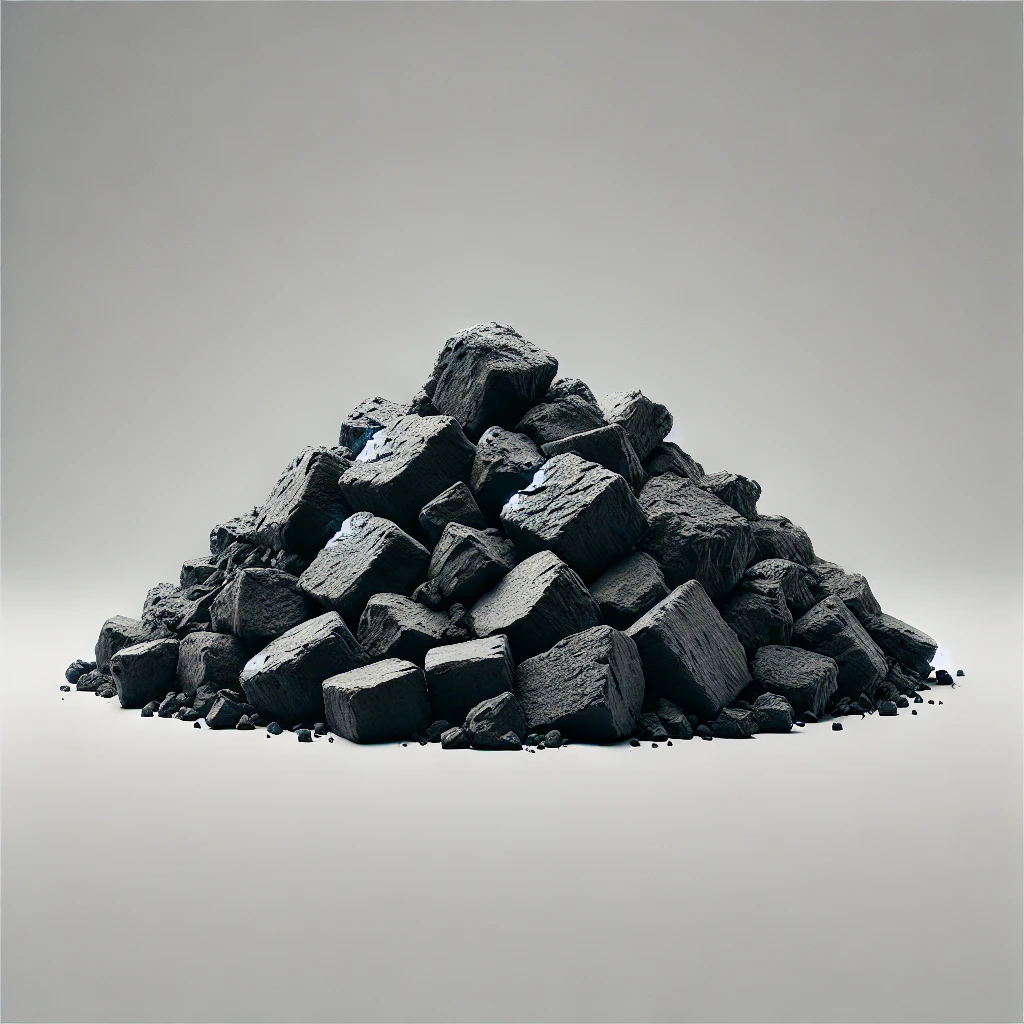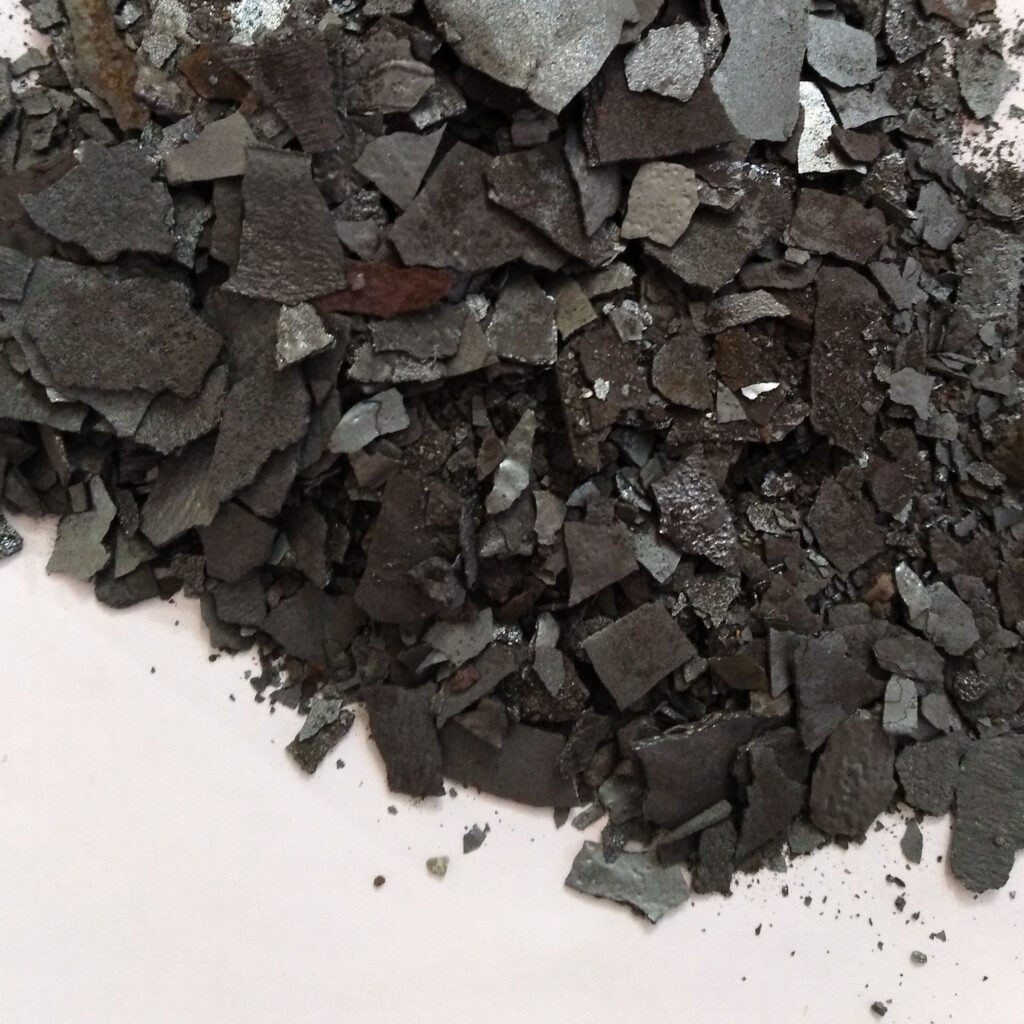What is Coke?
Coke is a solid carbonaceous material produced through the pyrolysis of coal in the absence of oxygen. The process involves heating coal to extremely high temperatures, which removes volatile compounds and leaves behind a dense, carbon-rich product.
Key characteristics of coke include:
- High Carbon Content: Typically contains 85% or more carbon, making it an efficient energy source.
- Low Impurities: The coking process reduces sulfur, phosphorus, and other unwanted elements.
- Porosity: Allows for better air circulation in industrial applications.
- High Calorific Value: Produces significant energy when burned.
Why Buy Coke?
There are several reasons to invest in coke for industrial or commercial purposes:
1. High Energy Efficiency
Coke’s high carbon content makes it a potent fuel, offering excellent energy output for a variety of applications.
2. Versatility
Coke is used across multiple industries, from steel manufacturing to chemical production, making it a valuable resource.
3. Cost-Effectiveness
When compared to alternative fuels, coke often provides a better balance of energy efficiency and cost, especially for large-scale industrial operations.
4. Availability
Coke is widely available from global suppliers, ensuring a steady supply for businesses that rely on it.
Applications of Coke
Coke is a versatile material with applications spanning various industries. Here are its most prominent uses:
1. Steel Manufacturing
One of the primary uses of coke is as a reducing agent in the production of iron and steel. In blast furnaces, coke reacts with iron ore to remove oxygen, producing molten iron that is then refined into steel. Its high temperature and low impurity levels make it indispensable for this process.
2. Energy Production
Coke serves as a reliable fuel for energy generation in industrial boilers and power plants. Its high calorific value ensures efficient combustion, making it a preferred choice in energy-intensive operations.
3. Chemical Industry
The chemical industry utilizes coke as a raw material in the production of calcium carbide, ferroalloys, and other chemical compounds. It is also used in the synthesis of gases like producer gas and water gas.
4. Foundries and Casting
In foundries, coke is used as a fuel and reducing agent for smelting metals like copper, tin, and lead. It provides the intense heat required for melting and shaping metals.
5. Electrode Production
Coke is a critical component in the manufacturing of carbon electrodes used in electrochemical processes, such as aluminum production and electric arc furnaces.
6. Domestic Fuel
In certain regions, coke is still used as a domestic heating fuel due to its long burn time and high heat output.
7. Carbon Products
Coke is a source of carbon for making graphite, carbon fibers, and other advanced materials used in aerospace, electronics, and automotive industries.
Benefits of Using Coke
Using coke offers numerous advantages, particularly for industries that require consistent and high-quality fuel or raw materials:
1. High Thermal Efficiency
Coke burns at high temperatures with minimal residue, ensuring efficient energy utilization.
2. Reduced Emissions
Compared to raw coal, coke produces lower levels of pollutants like sulfur dioxide and nitrogen oxides, contributing to cleaner industrial processes.
3. Improved Productivity
In metallurgical applications, coke’s high heat output and stability enable faster and more efficient production cycles.
4. Long Shelf Life
Coke can be stored for extended periods without significant degradation, making it a reliable resource for long-term use.
5. Versatility in Use
From energy production to chemical synthesis, coke’s diverse applications make it a cornerstone material for various industries.
How to Buy the Best Coke
Purchasing high-quality coke is essential to maximize its benefits and ensure smooth industrial operations. Here are some tips to help you make an informed decision:
1. Determine Your Requirements
Identify the specific grade and type of coke needed for your application, such as metallurgical coke, foundry coke, or petroleum coke.
2. Check the Specifications
Examine key parameters such as carbon content, ash levels, moisture content, and size consistency to ensure the coke meets your needs.
3. Source from Trusted Suppliers
Choose reputable suppliers with a proven track record of delivering high-quality coke. Consider suppliers from regions known for their expertise in coke production.
4. Request Samples
Before making a bulk purchase, request samples to test the coke’s quality and suitability for your application.
5. Evaluate Pricing
While cost is a significant factor, prioritize quality and reliability to avoid potential issues during usage.
6. Consider Sustainability
Opt for suppliers that adhere to environmentally friendly practices in coke production, as this can reduce your overall carbon footprint.
The Environmental Impact of Coke
While coke offers undeniable benefits, it’s essential to acknowledge its environmental impact. The production and use of coke generate greenhouse gases and other pollutants. However, ongoing advancements in clean technology and sustainable practices are helping to mitigate these effects. Industries are increasingly adopting measures like carbon capture and alternative energy sources to minimize their reliance on traditional coke.
Conclusion
Coke remains a vital material in numerous industries due to its high energy efficiency, versatility, and cost-effectiveness. From powering blast furnaces to fueling chemical processes, its applications are vast and varied. If you’re in the market to buy coke, ensure you choose high-quality products from reliable suppliers to maximize its benefits.
With its rich history and ongoing importance in modern industries, coke continues to be a cornerstone resource. By understanding its applications and benefits, you can make informed decisions to support your business and operational needs.






